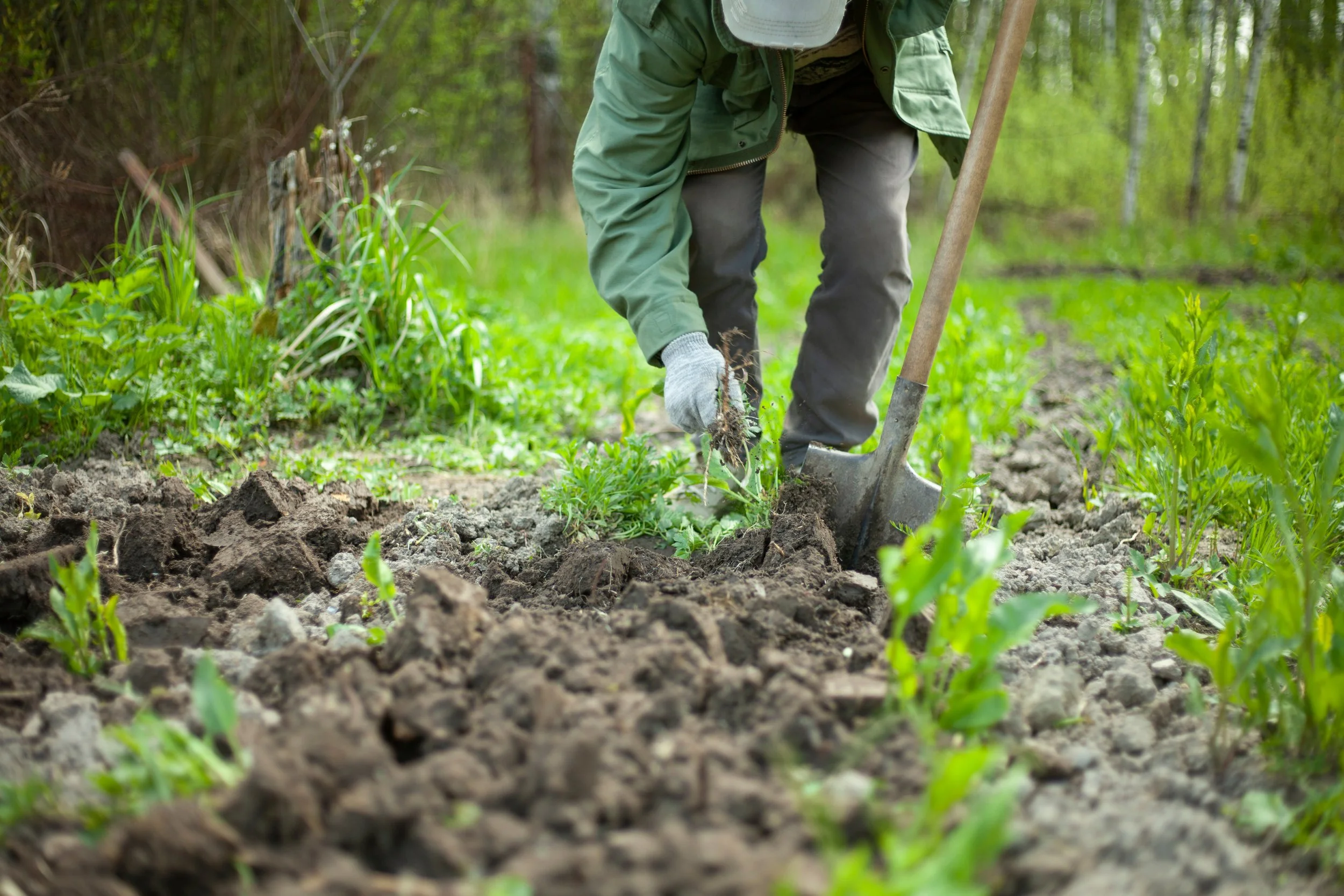Where Others Fear To Tread
by Stella Tai
How community development investing is changing the lives of everyday Kenyans
On a recent trip to Kenya, I had the privilege of visiting some of the impact organizations associated with Praxis Mutual Funds’ community development investments – to which we dedicate approximately 1% of Praxis funds’ assets. We arranged these visits in cooperation with Calvert Impact Capital, our CDI partner.
The trip was an opportunity to observe firsthand how investor capital contributes to the success of organizations seeking to benefit communities. I was moved by what I saw – and privileged to bear witness to the many ways God is present in efforts to empower underserved families and communities in my home country.
What is CDI?
CDI aims to put investment dollars to work directly in communities, in ways that meet social and environmental priorities. At Praxis, we see CDI as a sustainable way to lift up the downtrodden, protect the widow and the orphan, and restore sight (metaphorically) to the blind.
When I position CDI among the various impact strategies we implement, I think of Jesus’ parable of the mustard seed in the Book of Mark. This seed is indeed the smallest of seeds but grows into the largest garden plant, and becomes a tree that provides shelter to birds in its shade. Like the mustard seed, a CDI investment is generally small but has the potential to generate significant economic opportunity, changing many lives for the better.
CDI in Africa
While in Kenya – the land of my birth – I visited organizations spanning the agricultural, innovative finance, microfinance and fintech industries, funded partially by Calvert Impact Capital and other impact investors (Please see my blog posts for details on site visits.) The work being done by these organizations in Kenya signals that CDI is one way of turning your investment dollars into real, tangible impact.
Africa is a relatively youthful continent with around one-fifth of the world’s youths, meaning that any poverty alleviation strategies implemented now will have long-lasting effects on the people living and working in sub-Saharan African countries like Kenya.
The CDI sites I visited were not focused on simplistic solutions that build dependency, like giving handouts, but on building infrastructure such as food supply chains, providing solar power to rural farmers, and creating business opportunities by financing motorbikes. By focusing on longitudinal change, these organizations can create changes that last for generations and contribute to the creation of long-term solutions.
This philosophy lies at the heart of community development investing – making small, sustainable investments that empower economic inclusion and opportunity that will continue to grow and positively impact families and communities for years to come.
Due to the unbanked and off-the-grid reality for many people living in both urban and rural communities in sub-Saharan Africa, traditional solutions to economic inequality do not work. That’s why CDI has the greatest effect when supporting organizations that think outside the box.
For example, Watu Credit used existing technologies to build an adaptable lending system that’s right for Africa and the youths who need the jobs. Another example of innovative solutions that I saw in Kenya is how Yehu empowers community lending groups that provide business loans for those in rural communities who are not qualified to receive traditional loans.
Investments must be agile and responsive to the needs on the ground. Patience – and no small amount of faith – is necessary while deploying impact capital, with investors understanding that it’s going to take time for the investment to produce results. These are innovations that can potentially scale very quickly but can be compromised if they are not backed by the right kinds of capital.
Joyous collaboration
I witnessed inspiring collaboration between community development investors and recipients on the ground. As a woman of faith, I remember the words from Matthew 22:39, where Jesus said, “Love your neighbor as yourself.” Community development investing is a great example of how we can love our neighbors with the resources God has blessed us with.

